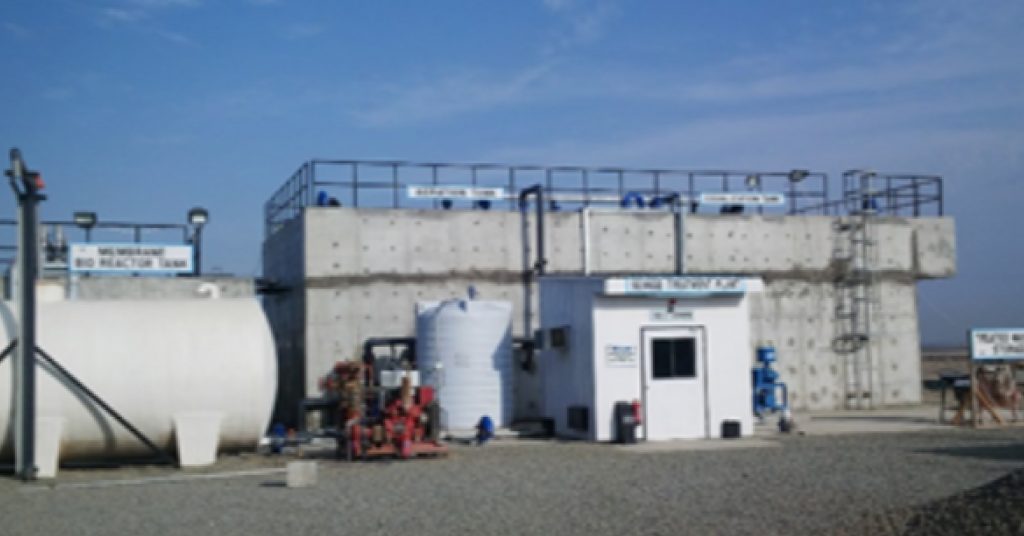The strategic significance of Water and Wastewater treatment in Saudi Arabia as the nation grapples with an arid climate, limited freshwater resources, and the imperative need to cater to the water needs of a growing population and expanding industries while safeguarding the environment in response to these challenges, the Kingdom of Saudi Arabia has put up substantial investments in cutting-edge water infrastructure and technologies. This blog explores key aspects of Water and Wastewater treatment in the country, shedding light on the innovative solutions adopted to address these critical concerns.
Water Treatment in Saudi Arabia
Desalination
At the forefront of water treatment in Saudi Arabia is the process of desalination, a crucial step given the nation’s scarcity of freshwater sources. The country is globally recognized for its leadership in desalination, employing state-of-the-art technologies such as reverse osmosis and multi-effect distillation to convert seawater into potable water. The desalinated water is then distributed for various applications, including domestic use, industrial processes, and agricultural irrigation.
Brackish Water Treatment
In addition to seawater desalination, Saudi Arabia also focuses on treating brackish groundwater to provide fresh water in regions where seawater desalination might not be practical.
Transmission and Distribution
A complex network of pipelines and reservoirs facilitates the transportation of treated water from desalination plants to different regions across the country.

Wastewater Treatment in Saudi Arabia
Preliminary Treatment
The Wastewater treatment process begins with the removal of large debris and coarse solids from incoming Wastewater in the preliminary treatment stage.
Primary Treatment
This stage involves the physical separation of settleable solids from the Wastewater.
Secondary Treatment
Biological treatment processes, such as activated sludge systems, are employed to break down organic matter and nutrients in the Wastewater.
Tertiary Treatment
Additional treatment steps, such as advanced filtration and disinfection, are utilized to further refine the treated Wastewater. The removal of nutrients like nitrogen and phosphorus is increasingly vital to protecting receiving waters.
Industrial Wastewater Treatment
Various industries, including petrochemicals, mining, and agriculture, are mandated to treat their wastewater to meet stringent regulatory standards.
Effluent Reuse
Saudi Arabia explores opportunities to reuse treated wastewater for non-potable purposes, such as irrigation and industrial processes, contributing to freshwater conservation.
Environmental Compliance
A strong emphasis is placed on environmental compliance to preserve the unique ecosystems of the Red Sea and the Arabian Gulf.
Sludge Management
Proper disposal and utilization of sludge generated during the Wastewater treatment process are critical considerations.
It is imperative to highlight that the Water and Wastewater treatment sector in Saudi Arabia is dynamic, continually evolving, and expanding. The nation has initiated numerous programs and projects aimed at enhancing water security, reducing waste, and ensuring responsible water resource management. As Saudi Arabia navigates the complexities of water management, the implementation of state-of-the-art technologies and robust infrastructure underscores its commitment to a sustainable and secure water future.
Ion Exchange Arabia is a key player in advancing Water treatment and purification in Saudi Arabia through its advanced ion exchange resins. With a commitment to innovation and sustainability, Ion Exchange Arabia for Water significantly contributes to the progress of Water treatment technologies in the region. For more information you can schedule a meeting with our Saudi Arabia Water treatment experts.
With a legacy spanning over 59 years, Ion Exchange offers Water & Wastewater treatment with sales, production and service footprints across the world. Click here to explore Ion Exchange Global Network.



